Government contracting is used to provide stable, high-value business to companies through bidding with federal, state, or local governments. These projects include a broad scope of industries, and it is accessible to eligible vendors, including small businesses. The process includes reading detailed solicitations, meeting eligibility requirements, and submitting proposals by strict deadlines. The lack of a single detail can result in disqualification. When you understand how to approach every phase of the bidding process, you can prevent mistakes and become more competitive in the public sector.
Read the Solicitation Carefully
Read the whole solicitation always. Government bids are in various forms, like RFP (Request for Proposal), IFB (Invitation to Bid), and RFQ (Request for Quotation). Each of them pursues a different objective:
- RFP requires detailed responses and pricing-it is concerned with value for money.
- IFB is to be used in simple purchases where the price is of main concern.
- RFQ gathers quotations for smaller or less complicated purchases.
Reread the Scope of work, deadlines, method of submission, and regulations of compliance. Point out the instructions and explain anything that appears unclear using the provided contact. Missing one detail can disqualify your bid.
Prepare Your Proposal Documents
Prepare all the necessary resources in advance. These usually consist of:
- Technical proposal
- Cost estimate or pricing sheet
- Company details and certifications
- Past performance references
Follow the specific format that is required in the solicitation. Recheck to make sure that all the necessary documents are attached.
Submit Before the Deadline
Late submissions are not accepted by government agencies. Always clarify the date and time and the form of submissions: online portal, email, or delivery. Make sure you give more time to technical problems or delays. Make sure twice that you have enclosed all necessary forms, attachments, and signatures. Early submission helps to avoid stress and leaves space to correct last-minute mistakes that are not lost during the deadline.
What are the Tips to Increase Your Chances of Winning?
Here are the five tips to increase your chances of winning government contracts:
- Follow the solicitation’s requirements carefully. A missing detail may result in automatic rejection.
- Charge a fair price that is at the market rate, but not one that undermines your capability to provide quality work.
- Focus on what makes your business unique, like speedier service, expertise, or hometown experience.
- Refer to your certifications and past successful contracts as a way of developing credibility.
- Before you submit your proposal, proofread it to remove any errors and to be certain that it is clear, accurate, and complete.
After Submitting the Bid
Here are the three things that happen after your bid submission:
What Happens Next? (Evaluation & Award Process)
The agency analyzes all bids according to pricing, compliance, and technical ratings, and the most capable vendor gets the contract.
How to Handle a Rejection or Win
In case you win, proceed with the contract guidelines, and in case you lose, seek feedback, remain professional, and use the response to act on the next submissions.
Debriefings and Lessons Learned
Go to the debriefing stage to get a clear understanding of the scoring of your proposal and apply it to future proposals.
Resources and Tools for Bidding
Here are the three useful resources to support your bidding process:
SBA and PTAC Support: SBA and PTAC assist in registrations, bid strategy, and review of proposals. They provide individual counseling and coaching.
Government Contracting Webinars & Events: These events exchange information, tips, and agency requirements. You can educate yourself and network with purchasers.
Proposal Writing Services and Software: The tools assist in developing clear, complete, and compliant proposals. They help in decreasing mistakes and save time.
Read everything in the posting carefully. Pay attention to the format of submissions, eligibility, evaluation criteria, and the list of required documents. A clear understanding avoids mistakes and time wastage.
Keep Track of Deadlines and Submission Requirements
Remember the submission deadlines, methods, and required formats. Any late or inaccurate submission is rejected. Keep track of or set reminders to ensure you stay on schedule.

George C. Tagg, Jr.
George serves as a trusted counsel to business leaders, non-profit executives, and management teams. George is a licensed attorney with a master’s in international affairs and over 20 years’ experience in the U.S. Congress, Department of State, Department of Defense, global public policy, and political campaigns.


